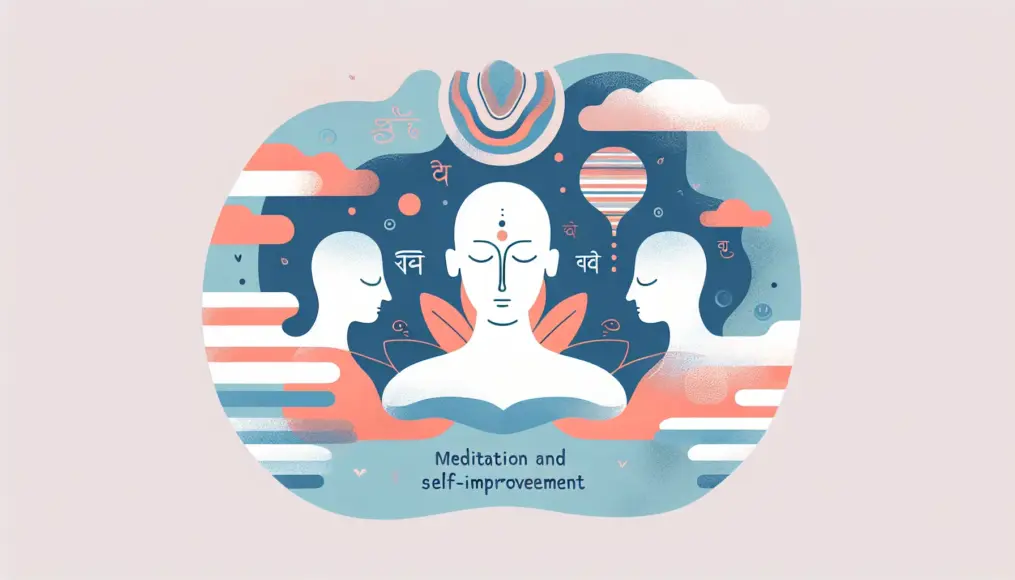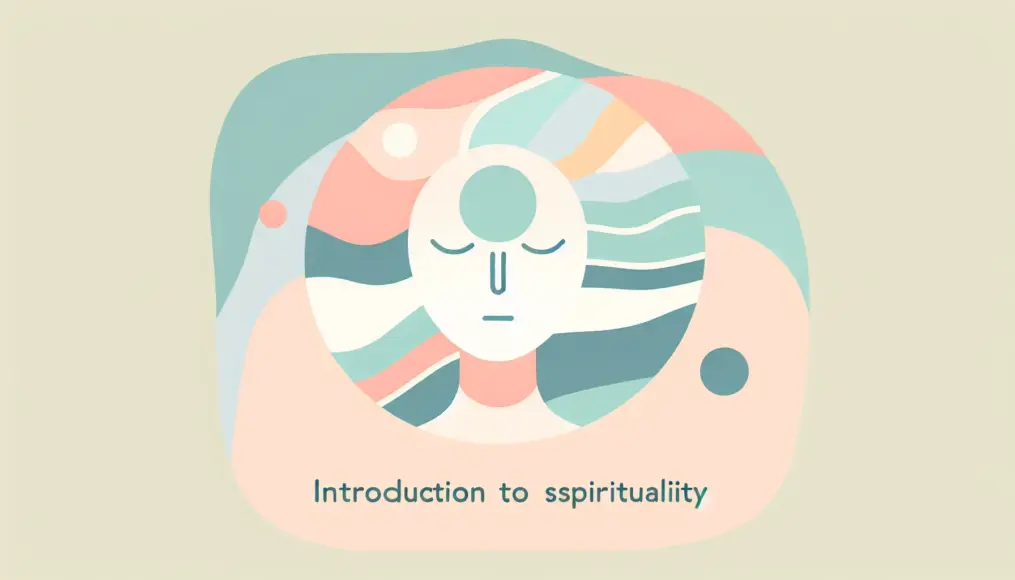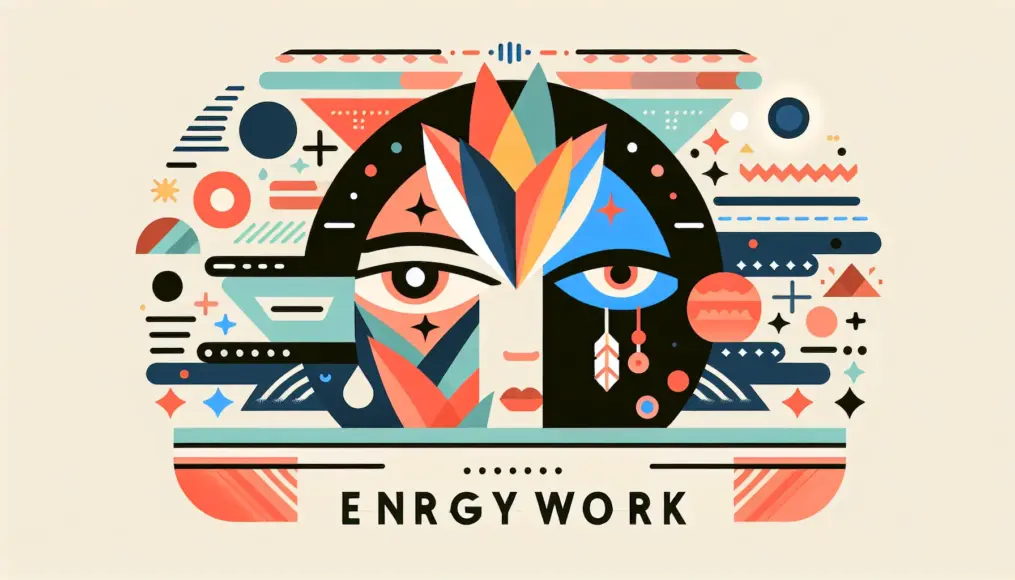Meditation is more than just a trendy wellness practice; it’s a profound journey into self-discovery and tranquility. If you’ve ever felt overwhelmed by the chaos of daily life or simply yearned for a moment of peace, then this article is crafted just for you. By understanding how to meditate and embracing its myriad effects, you can unlock a richer, more fulfilling life.
In this guide, we will delve into the basics of meditation, exploring its history and significance across cultures. You’ll discover that meditation isn’t just a practice reserved for yogis or spiritual leaders—it’s accessible to everyone, regardless of experience level. Whether you’re a curious beginner or someone looking to deepen your practice, you’re in the right place.
Moreover, we will provide you with a step-by-step guide on how to meditate effectively. You’ll learn various techniques that cater to different preferences and lifestyles, making it easy to integrate meditation into your daily routine. Imagine transforming just a few quiet moments into a sanctuary of calm amidst the storm of everyday life.
Finally, we’ll explore the incredible effects of meditation on both mental and physical health. Research consistently shows that regular meditation can lead to reduced stress, improved focus, and even enhanced physical well-being. So, if you’re ready to embark on this rewarding journey, let’s dive in and discover the amazing benefits that await!
- Learn the basics of meditation and its rich history.
- Follow a simple, step-by-step guide tailored for beginners.
- Discover the mental and physical health benefits supported by research.
Understanding the Basics of Meditation
What is Meditation?
At its core, meditation is a practice that encourages deep focus and awareness, often leading to a sense of inner peace. It’s about tuning into the present moment, allowing your thoughts to flow without judgment. Many people think of it as sitting cross-legged with their eyes closed, but meditation can take many forms. It can be as simple as taking a few deep breaths or engaging in mindful walking. The key is finding what resonates with you and helps you cultivate a state of calm.
Furthermore, meditation isn’t just a tool for stress relief; it’s a pathway to deeper self-awareness. When you meditate, you’re not only calming your mind but also learning to observe your thoughts and feelings. This observation can lead to profound insights about yourself and your habits, ultimately paving the way for personal growth. The beauty of meditation lies in its versatility—there’s no one-size-fits-all approach, making it accessible and adaptable to everyone.
As you embark on your meditation journey, remember that it’s perfectly normal for your mind to wander. Instead of getting frustrated, gently guide your focus back to your breath or your chosen point of concentration. Over time, this practice enhances your ability to remain present, which can positively impact various aspects of your life, from relationships to productivity.
- Meditation is about focusing your mind and becoming more aware.
- It can take many forms, including breathwork and mindful walking.
- Observing your thoughts during meditation leads to greater self-awareness.
History and Background of Meditation
Meditation has roots that stretch back thousands of years, with evidence found in ancient texts from various cultures around the world. The earliest records date back to around 1500 BCE in India, where it was practiced as a spiritual discipline to connect with the divine. Over the centuries, meditation evolved, incorporating different techniques and philosophies. In Buddhism, for instance, meditation became a central practice aimed at achieving enlightenment and understanding the nature of suffering.
As meditation spread across cultures, it adapted to local beliefs and practices. In China, Taoist traditions embraced meditation for health and harmony, while in the West, it was often linked to religious practices. The Renaissance saw a renewed interest in meditation, particularly within Christian mysticism, where it was used as a tool for contemplation and communion with God. Each culture contributed its unique perspective, enriching the tapestry of meditation practices we see today.
In the 20th century, meditation gained traction in the West, largely thanks to pioneers like Maharishi Mahesh Yogi and the Transcendental Meditation movement. As people began to recognize the mental and physical benefits of meditation, it became a popular practice among those seeking balance in their busy lives. Today, meditation is embraced by individuals from all walks of life, from corporate leaders to students, as a way to combat stress and enhance well-being.
As a result, the historical journey of meditation reflects its adaptability and relevance in our ever-changing world. Understanding its origins can deepen your appreciation for the practice and motivate you to explore its many benefits.
- Meditation’s roots date back to ancient India around 1500 BCE.
- Different cultures have shaped meditation, incorporating local beliefs.
- The practice became popular in the West in the 20th century, emphasizing its health benefits.
- Meditation remains relevant today, appealing to diverse individuals seeking tranquility.
Learning How to Meditate
Step-by-Step Guide for Beginners
Embarking on your meditation journey can feel daunting, but it doesn’t have to be. To get started, find a comfortable space where you won’t be disturbed. This could be a cozy corner of your home, a serene park, or even your office during a break. Once you’ve settled in, take a moment to relax your body. You can either sit in a chair with your feet flat on the ground or cross-legged on the floor. The key is to maintain a posture that feels right for you, allowing your body to feel both relaxed and alert.
Next, gently close your eyes and take a few deep breaths. Inhale deeply through your nose, filling your lungs, and exhale slowly through your mouth. Focus on the rhythm of your breath, allowing each inhale and exhale to guide you into a more tranquil state. If your mind begins to wander—an experience nearly everyone encounters—acknowledge the thoughts without judgment and gently bring your attention back to your breath. This act of returning your focus is a crucial part of meditation, enhancing your ability to remain present.
Start with just a few minutes of meditation each day, gradually increasing the duration as you become more comfortable. Whether it’s five minutes in the morning before the day begins or ten minutes in the evening to unwind, consistency is key. Setting a timer can help you stay on track without constantly checking the clock. Remember, there is no “right” or “wrong” way to meditate, as long as you’re finding a practice that feels authentic to you.
- Find a quiet and comfortable space to meditate.
- Start with deep breaths to center yourself.
- Gradually increase your meditation duration as you progress.
Introduction to Various Meditation Techniques
While the basic practice of focusing on your breath is a great starting point, there are many meditation techniques to explore. One popular method is guided meditation, where a teacher or a recording leads you through the process. This technique can be particularly helpful for beginners, as it provides structure and direction. You can find guided meditations that focus on different themes, such as relaxation, stress relief, or self-love, catering to your specific needs.
Another technique worth exploring is mindfulness meditation, which emphasizes being present in the moment. This could involve tuning into your surroundings, such as the sounds, smells, and sensations around you. Mindfulness meditation encourages you to observe your thoughts and feelings as they arise, fostering a deeper understanding of your internal experiences. Whichever technique you choose, the important thing is to be patient and open-minded. Each method offers unique effects, enhancing your journey toward a more peaceful and centered life.
- Guided meditation provides structure for beginners.
- Mindfulness meditation focuses on present-moment awareness.
- Each technique offers unique benefits to enrich your practice.
Experiencing the Effects of Meditation
Impact on Mental Health
The effects of meditation on mental health are profound and far-reaching. Many practitioners report experiencing reduced levels of anxiety and stress after incorporating meditation into their daily routines. This practice creates a space for the mind to rest and rejuvenate, allowing you to step back from the pressures of everyday life. As you meditate, your body shifts into a relaxation response, which lowers the production of stress hormones and promotes a sense of calm.
Furthermore, meditation encourages emotional resilience. By observing your thoughts and feelings without judgment, you gain a better understanding of your emotional landscape. This awareness helps you respond to stressors more effectively, as you can recognize negative patterns and replace them with more constructive thoughts. As a result, many individuals find that regular meditation practice enhances their overall mood and fosters a more positive outlook on life.
Additionally, meditation can improve focus and concentration. In our fast-paced world, distractions are everywhere, making it challenging to remain attentive. Engaging in meditation trains your brain to concentrate, which can boost productivity both at work and in personal projects. Over time, you’ll find that you’re not just meditating better; you’re also thinking clearer and making decisions more confidently.
The mental health benefits of meditation extend beyond individual practice—many people report that their relationships improve as well. As you cultivate mindfulness and self-awareness, you become more attuned to the feelings of others, fostering empathy and understanding. This can lead to deeper connections with friends, family, and colleagues, enriching your social interactions.
- Meditation reduces anxiety and stress levels.
- It enhances emotional resilience and awareness of negative thought patterns.
- Improved focus and concentration can boost productivity in daily tasks.
Physical Health Benefits and Research
The physical health benefits of meditation are equally impressive and are backed by a growing body of research. Studies have shown that regular meditation practice can lead to lower blood pressure, which is vital for heart health. By fostering relaxation and reducing stress, meditation helps to create a healthier cardiovascular system, decreasing the risk of heart disease over time.
Moreover, meditation has been linked to improved sleep quality. Many individuals struggle with insomnia or restless nights due to racing thoughts and anxiety. By practicing meditation, you can calm your mind before bedtime, paving the way for a more restful sleep. Research indicates that individuals who meditate often report falling asleep faster and experiencing deeper, more restorative sleep cycles.
Lastly, meditation can enhance the body’s immune response. Research suggests that mindfulness practices can lead to increased levels of antibodies and immune function, making it easier for your body to fend off illness. This is especially important in today’s fast-paced world, where maintaining overall health is crucial. By incorporating meditation into your routine, you’re not only nurturing your mind but also supporting your physical well-being.
- Regular meditation can lower blood pressure and support heart health.
- Improved sleep quality is a common benefit among practitioners.
- Meditation may enhance the immune response, helping you stay healthy.
Incorporating Meditation into Daily Life
Practicing in a Busy Lifestyle
Finding time for meditation in today’s fast-paced world can feel like a daunting task. However, it’s essential to understand that meditation doesn’t have to take up a large chunk of your day. In fact, even dedicating just a few minutes can yield significant benefits. You can practice meditation during your commute, while waiting in line, or even during a lunch break. The key is to seize those small pockets of time and make them sacred for your practice.
Moreover, you can transform everyday activities into mindful moments. For instance, when you’re washing dishes or taking a shower, focus entirely on the sensations and sounds around you. This practice of mindfulness allows you to incorporate the essence of meditation without needing a designated time or space. Over time, you’ll find that these moments of awareness help ease the stress and chaos of your busy life, making it easier to maintain a sense of calm throughout your day.
- Meditation can be practiced in short bursts throughout the day.
- Everyday activities can be turned into opportunities for mindfulness.
- Consistency, even in small doses, can lead to meaningful change.
Tips for Maintaining a Meditation Routine
Establishing a regular meditation practice can be incredibly rewarding, but it does require commitment and a bit of planning. One of the most effective ways to stay on track is to set a specific time each day for meditation. Treat this time as an important appointment that you cannot miss. Whether it’s first thing in the morning or right before bed, consistency will help you form a habit and make meditation a natural part of your daily routine.
Additionally, consider creating a dedicated meditation space. This doesn’t have to be elaborate; a simple corner with a cushion and a few personal items that inspire you can work wonders. Having a designated space can serve as a visual reminder to meditate and help you associate that area with peace and tranquility. You might also want to keep a journal to track your experiences and feelings during meditation. Reflecting on your journey can provide insight and motivation, especially on days when you find it challenging to sit down and meditate.
Lastly, don’t hesitate to explore different techniques and resources. Whether it’s joining a local meditation group, trying out apps, or listening to guided meditations online, mixing up your approach can keep your practice fresh and engaging. Remember, the goal is to find what resonates with you, allowing meditation to become a fulfilling and enjoyable part of your life.

If you’re interested in enhancing your meditation experience, you might find value in our article titled Start Your Day with Morning Meditation! Tips for Reducing Stress and Boosting Focus. This piece offers practical tips on how morning meditation can set a positive tone for your day, helping you reduce stress and improve your focus throughout your daily activities.
- Set a specific time each day for meditation to build consistency.
- Create a dedicated meditation space to enhance your practice.
- Explore various resources and techniques to keep your practice engaging.
Conclusion
Meditation is not just a practice; it’s a transformative journey that can lead to profound changes in your mental and physical well-being. By integrating meditation into your daily routine, you can cultivate a sense of peace, enhance your self-awareness, and improve your overall health. As you explore various techniques and find what resonates with you, remember that consistency is key. Even short, mindful moments can create a significant impact.
The journey of meditation is personal and unique to each individual. Whether you’re seeking stress relief, improved focus, or a deeper connection to yourself, the benefits are vast and well-documented. Embrace the process, and don’t hesitate to adapt the practice to fit your lifestyle. As you continue to meditate, you may discover new insights and a greater sense of balance in your life.
In summary, meditation offers a multitude of benefits that can enrich your life. From reducing anxiety and improving emotional resilience to enhancing physical health and fostering deeper connections, the effects are truly remarkable. As you embark on or continue your meditation journey, keep these key points in mind:
- Meditation can significantly reduce stress and anxiety levels.
- Regular practice enhances focus and emotional resilience.
- Physical health benefits include improved sleep quality and a stronger immune response.
We would love to hear about your experiences with meditation! Please leave a comment below and share your thoughts or any questions you may have.



Comment